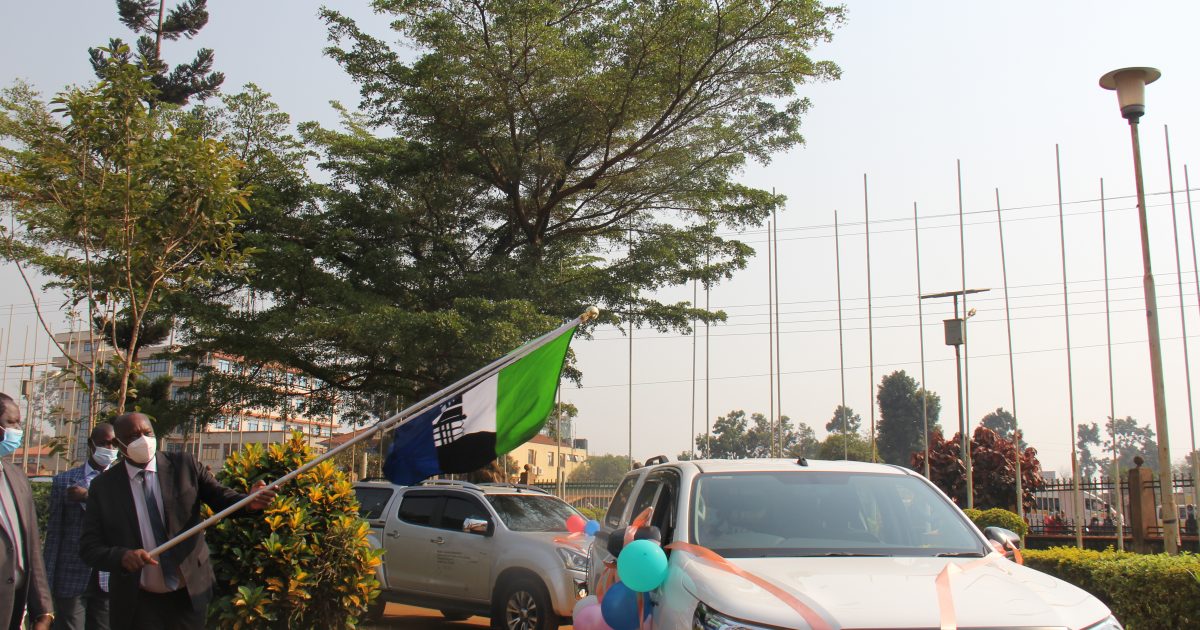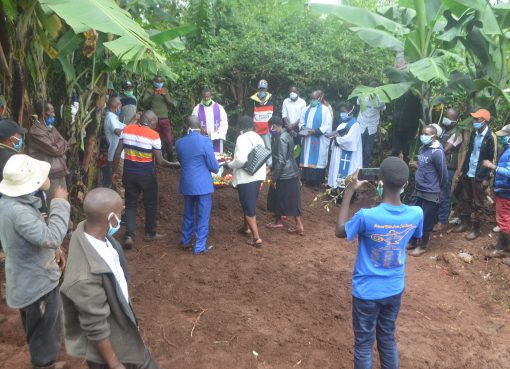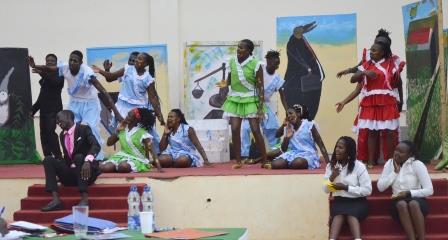Busia County government has bought three vehicles at a cost of Sh.20 million through the support of the World Bank (WB).
Speaking during the flagging off of the vehicles outside his office on Monday, the Busia Governor, Sospeter Ojaamong said that the three vehicles would be distributed to Busia County Referral hospital, Samia and Teso North Sub County hospitals.
“Teso North has been having a challenge of vehicles thereby forcing healthcare providers to use motor bikes or bicycles,” he said, adding that the new vehicles would facilitate their movements.
Ojaamong appreciated the team that has been implementing the programme, adding that their initiative has helped the County to purchase the three vehicles alongside other infrastructural facilities within the health sector.
“I just want to appeal to the local residents to know that we have the World Bank funded health programme known as Transforming Health System that has been in existence since 2016/2017 financial year,” he said, adding that the programme would address their health needs.
He urged the World Bank to consider expanding time for the operation of the four year programme due to the negative effects of COVID 19 pandemic.
“This year, we have budgeted to advance what is being done to encourage our mothers to attend ante natal clinics,” said Ojamoong adding that there were incentives that would be given to those adhering to the directives.
The governor explained that mothers who deliver at the health facilities would be given gift packages like basins and towels to jump start life with their new born.
Ojaamong also appealed to community health workers to encourage expectant mothers to visit health facilities.
The County Reproductive Health Coordinator and the Transforming Health System focal person, Alice Yaite said that the County has received a total of Sh189 million since the inception of the programme in 2016.
“The programme is performance based and the County was given Sh.27 million in the first year, Sh.54 million in second and 78 million during the third year,” she said, adding that the amount was reduced to Sh.30 million after poor performance occasioned by industrial strikes, stock outs of vaccines and family planning commodities in the fourth year.
By Salome Alwanda





